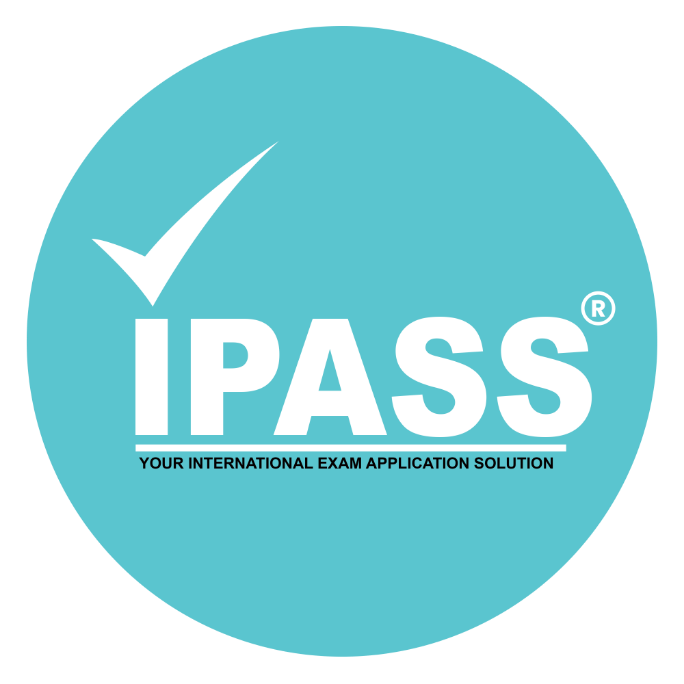Your cart is currently empty!

UK NMC Code: From Regulation to Registration
Nursing is a vital profession that is critical in the healthcare industry. That is because nurses are responsible for providing high-quality care to patients, ensuring their safety, and helping them recover from illnesses and injuries. However, one must have a license to practice nursing, which can only be obtained by passing a rigorous and comprehensive examination.
In the United Kingdom, the Nursing and Midwifery Council (NMC) is the regulatory body responsible for ensuring that nurses and midwives are competent and fit to practice. The NMC’s mission is to protect the public by ensuring that nurses and midwives provide safe and effective care that meets the standards of the NMC code.
This blog post will discuss what the UK NMC is, why it is essential, and its application process. Whether you’re a nursing student, a practicing nurse, or someone interested in pursuing a career in nursing, this post will provide valuable insights into the UK NMC and its significance in the nursing profession in the United Kingdom.
What is the UK NMC?
The Nursing and Midwifery Council (NMC) is an independent regulatory body regulating the nursing and midwifery professions in the United Kingdom. It was established in 2002 under the Nursing and Midwifery Order, which replaced the United Kingdom Central Council for Nursing, Midwifery, and Health Visiting. Moreover, the NMC’s primary function is to protect the public by ensuring that nurses and midwives are competent and fit to practice.
The UK NMC is an essential component of the nursing profession in the United Kingdom. It comprises mandatory exams all nurses must pass to practice nursing in the UK. In addition, the exam tests nurses’ knowledge, skills, and competence to ensure they are fit to practice and can provide safe and effective patient care.
Passing the UK NMC is essential for nurses who want to work in the UK healthcare system. As well as for nurses who wish to enhance their career prospects by pursuing further education or professional development.
UK NMC Requirements
To process the UK NMC, nurses must meet the following requirements:
● A nursing degree that meets the NMC’s standards
● A minimum of 1 year of post-registration experience
● An English Proficiency Report
The time frames for the UK NMC application may vary depending on several factors, such as the availability of test dates, the processing time of applications, and the duration of preparation for the exam. Generally, the entire process can take up to six months or more, depending on how quickly the nurse can complete the requirements and prepare for the exam.
UK NMC Application Process
The UK NMC is a rigorous and comprehensive process consisting of two (2) significant exams, namely the Computer-Based Test (CBT) and the Objective Structured Clinical Examination (OSCE). Thus, nurses must pass both parts of the exam to obtain their license to practice in the UK.
Step 1: Check the Eligibility Requirements
Before applying for the UK NMC, it’s essential to ensure that you meet the eligibility requirements. The eligibility requirements include:
● Having a nursing or midwifery qualification.
● Completing at least 450 practice hours in the past three years.
● Having the necessary English language skills.
Step 2: Register with the NMC
To apply for the UK NMC, you must register with the Nursing and Midwifery Council (NMC), the regulatory body for nursing and midwifery in the UK. You can register online through the NMC website.
Step 3: Submit the Application Form
After registering with the NMC, you must complete and submit the exam application form. Additionally, the application form includes personal and professional details and evidence of your nursing or midwifery qualification and practice hours.
Step 4: Pass the Computer-based Test (CBT)
The CBT is a computer-based exam that assesses a nurse’s knowledge and understanding of nursing practice in the UK. The exam consists of multiple-choice questions designed to test a nurse’s knowledge of the NMC code, clinical skills, and ethical principles.
This examination includes four sections, each covering a different area of nursing practice: Adult Nursing, Children’s Nursing, Learning Disabilities Nursing, and Mental Health Nursing. Moreover, nurses must choose the relevant section to their area of nursing practice.
Moreover, the CBT is a three-hour exam consisting of 120 multiple-choice questions. The pass mark for the CBT is 50% and can be taken at any Pearson VUE test center worldwide. Nurses who fail the CBT can retake it after at least 28 days.
Step 5: Pass the Objective Structured Clinical Examination (OSCE)
Once a nurse has passed the CBT, they can take the Objective Structured Clinical Examination (OSCE). The OSCE is a practical exam that tests a nurse’s ability to perform clinical skills and procedures.
The OSCE includes six stations, each simulating a different clinical scenario that nurses will likely encounter in their practice. The stations cover the following areas:
1. Communication and interpersonal skills
2. Assessment and planning of care
3. Administration of medicines
4. Safe disposal of medicines
5. Nutrition and fluid management
6. Basic life support
The OSCE is a full-day exam that takes approximately six hours to complete. In addition, nurses must pass all six stations to pass the OSCE. Moreover, the pass mark for the OSCE is 100%. Also, nurses who fail the OSCE can retake it after a minimum of 10 working days. Furthermore, candidates can take this examination at an NMC-approved test center in the UK.
Step 6: Register with the NMC and Start Practicing
After passing the CBT and OSCE, you must register with the NMC to obtain a nursing or midwifery license. Once you have a license, you can practice as a nurse or midwife in the UK.
The Bottom Line
The UK NMC application is crucial for nurses who want to practice nursing in the United Kingdom. It ensures that nurses are competent and fit to practice, essential for patient safety and quality of care.
Nurses can enhance their career prospects and contribute to the healthcare industry after registering at UK NMC. Thus, familiarize yourself with the requirements and process to increase your chances of success.
We at IPASS have your back! IPASS Processing offers its service to nurses who wish to apply for the NCLEX in the United States and Australia. We ensure to provide and deliver you a smooth and hassle-free NCLEX application. For more inquiries, contact us now!
Recommended Reads
- Pass the NCLEX with Confidence – Join IPASS NCLEX Review 18th Cycle
- NCLEX Pass Rates 2024: Key Insights You Need to Know
- May 2025 PNLE Results: Top Schools & Topnotchers
- Ace the May 2025 PNLE: Final Week Preparation Tips
- Nursing Job Opportunities in the Philippines for USRNs
Recommended Topics
- ASCPi (1)
- Australia (8)
- Canada (5)
- Exam Tips (28)
- General (120)
- IPASS Events (10)
- IPASS News (129)
- Middle East Nursing (17)
- NCLEX (65)
- New Zealand (3)
- NMBI Ireland (1)
- Online Review (13)
- PNLE Online Review (3)
- Tourist Visa (1)
- UKNMC (1)
- US Nursing (12)
- UWorld (1)
- VisaScreen (3)








Leave a Reply